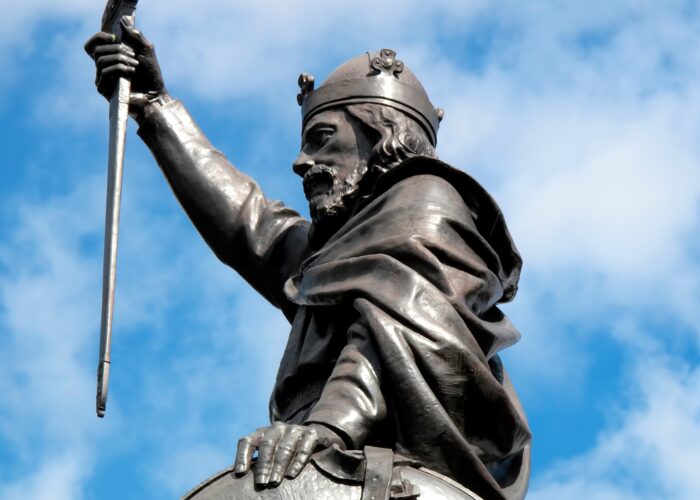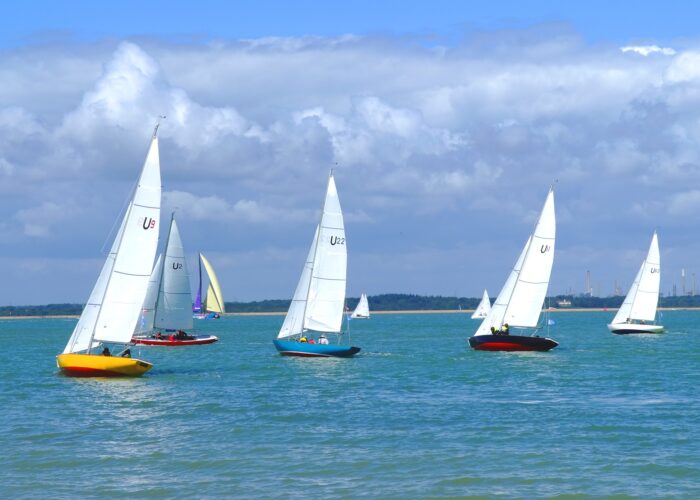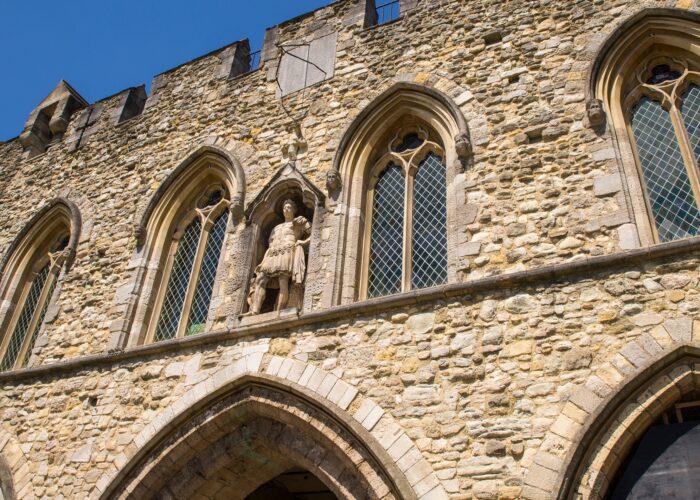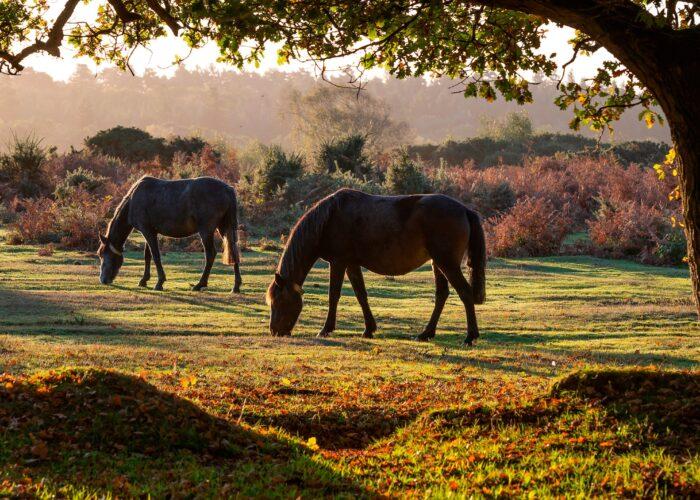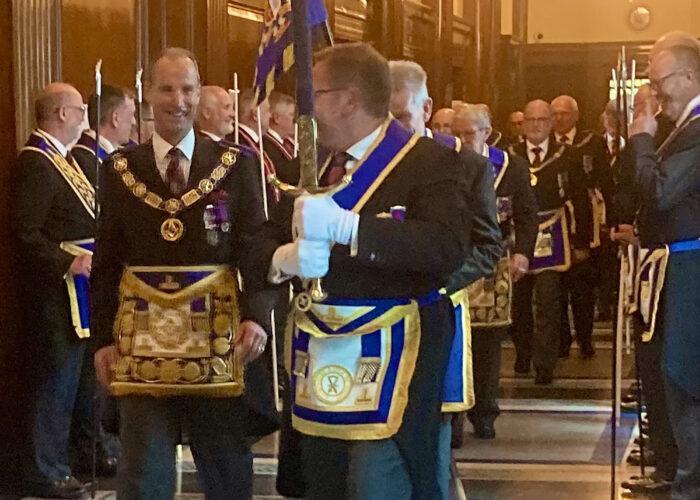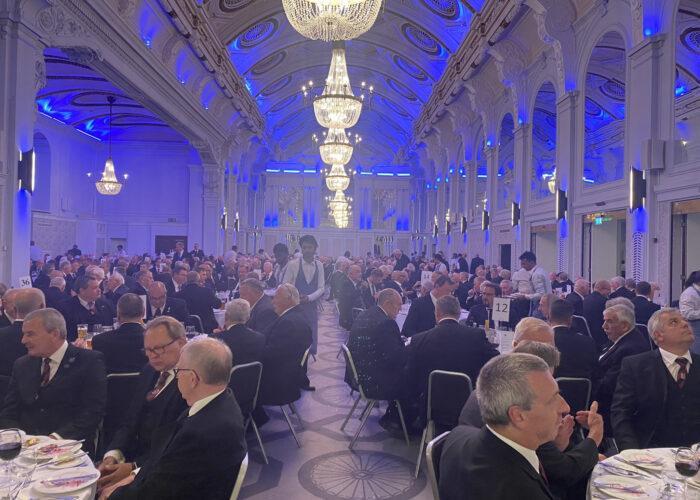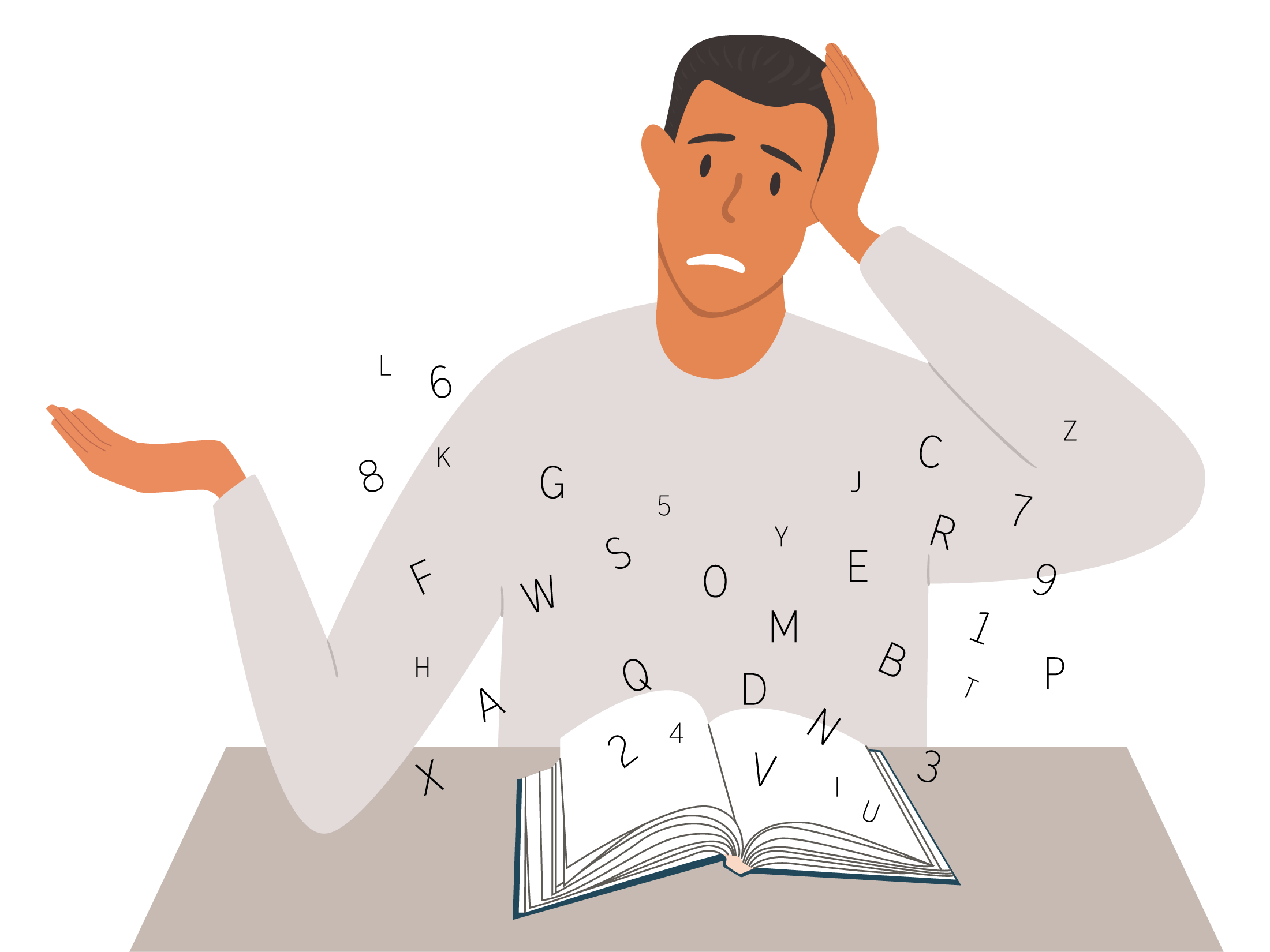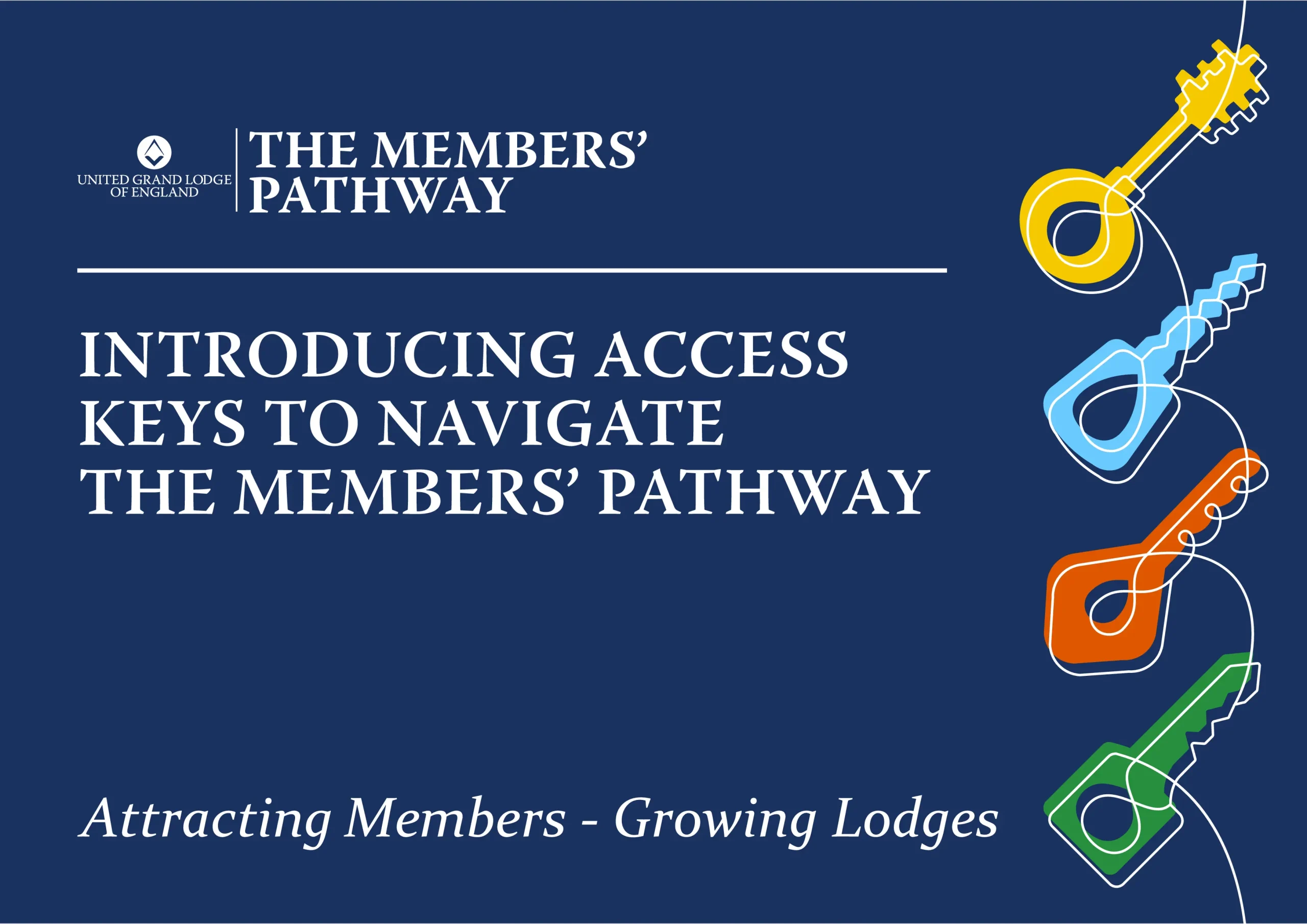How can a lodge help?
We are a fraternity and thereby a caring organisation that should be willing to assist every member with his engagement in Masonic activities, whatever they may be, including assisting sympathetically with learning and presenting the ritual of our ceremonies.
While its true that the average Mason can learn the ritual from the book, gain experience in performing it in a Lodge of Instruction and make steady progress without concentrated assistance, there will be some who will benefit from personal, one-to-one, help. This could include the old way by dictation and repetition, but it may also be by visual depiction of the text as images or printing on coloured paper or the use of tinted overlays.
It is our duty to help every brother to become Master of his lodge, should he so wish, and likewise it is the duty of that brother to make a proper effort to learn the ritual. If dyslexia is making that more difficult it should not be outside our capacity as an organisation, as a lodge and as individuals to help those in need.
For more information about Dyslexia go to: www.bdadyslexia.org.uk

